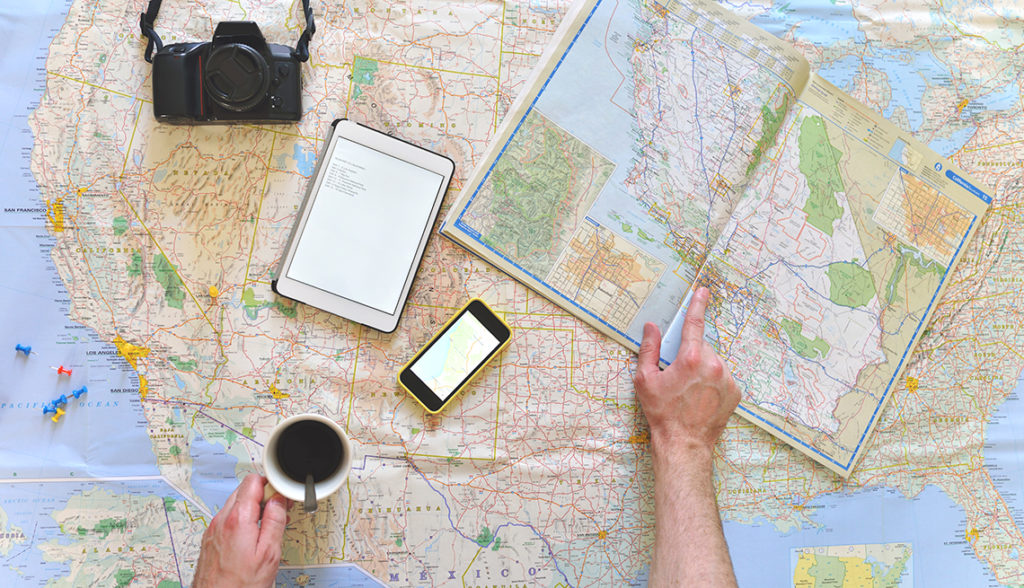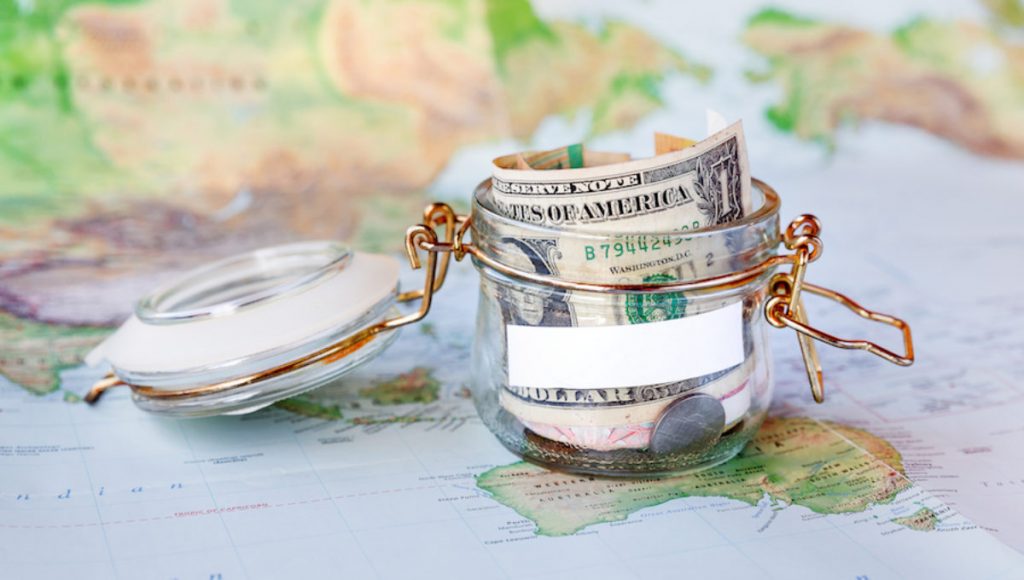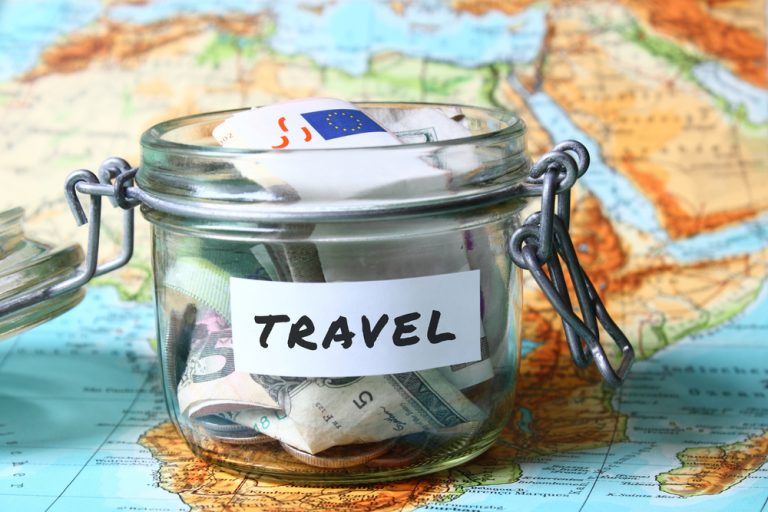We all deserve a dream holiday every now and then. But, it does not matter if you are planning to travel to Hawaii or take a world cruise, you still need to finance your holiday. There are many different ways of financing your holiday. One of the options you should consider is guaranteed loans.
1. Using Your Credit Card To Pay For Your Holiday
Yes, you can apply for a new credit card. Some credit cards allow you to pay back new purchases interest-free for a period of time. You can compare which one would be the best credit card for you by Credit Card Comparison Tool. Click here to get a comparison tool. However, there is a downside. The limit may be low and if you don’t pay the money back on time, you will face high-interest rates. Don’t lose sight of the fact you are still borrowing money, this is easy to do when you pay for your holiday using a credit card.

2. Should I Use My Savings?
Saving up for a holiday is a good idea, but there are downsides. Saving accounts don’t offer particularly good rates of interest. Unless you are going to save up a considerable amount of money and let it sit in the account for some time, this is not the best way to finance a holiday.
3. An Inheritance Or Tax Refund
Using an inheritance or tax refund can also be tempting. A surprise influx of money makes many of us feel like splashing out. But, before you rush down to your local travel agent, check out financial deals online. Could that extra money be better off in an ISA or other tax-free saving scheme? Far too often, we forget to consider our options.

4. Insurance Settlement After An Accident
An insurance settlement after an accident is yet another way to pay for a holiday. You may think you deserve a holiday after years of waiting for your whiplash settlement. Yes, you probably do, but can the money be better used elsewhere? Why not invest it in your home instead and make a few home improvements which will add value to your home? Smart thinking could serve you well in the long run.
5. Renting Out Your Home
If you are planning to be away for some time, you could always consider renting out your home. Many people who go on world cruises rent out their homes for the duration. But, once again, there is a but. You will end up paying tax on the income you receive. On top of that, your home will have to meet certain standards and you will have to pay for specialist insurance. Never forget to weigh up the pros and cons of any situation.

6. Pension’s Pay Out
You can receive a lump sum from your private pension. Sure, you can use the money to pay for a dream holiday, but are you really saving money? If you have played your cards right, your lump sum could be considerable and should be used to make you money instead. Check out saving accounts and available investment schemes.
7. Should I Take Out A Loan?
There is no reason why you should not take out a loan, but you need to make sure it is the right loan for your personal circumstances. One of the cheapest ways to borrow money is to take out guaranteed loans, for more info on these click here. This kind of loans are more popular than ever before. Compared to other ways of borrowing money, they are relatively cheap and widely available.
Someone needs to provide a loan guarantee, but that is not a bad idea. Most guarantor loans are paid back according to the agreed terms and there are many lenders provide them.
Don’t forget to shop around for the best rate and find the best terms and conditions to suit your personal needs. Make sure what you think of as a way of saving money to finance your holiday does not end up costing you money instead.

8. Carefully Planning Out Your Holiday Budget
It definitely is not uncommon for people to go on an exotic holiday without carefully planning and writing down their budget. Even if you don’t end up spending all your money, when you get back home you are going to be in for a shock. When people are on holiday they aren’t as careful about their spending as they normally would be, so making a budget for yourself would definitely help out, and you should set a limit as to how much you can spend and try to stick to that as hard as you can.
9. Make Sure You Scout The Place You Are Going To.
When we say scout the place you are going to we don’t mean just looking at the room you just booked, but you should try and find out about the town, city or island you are visiting. You should check out the prices in the local restaurants and bars and figure out how much money you will need on the basic thing, like means of transport, food, getting souvenirs for people back home and so on. You can find all that on the internet pretty much, so there is no excuse.

10. Try Not to Take Your Credit Card With You
It is pretty much the general opinion that it is much easier to spend money with your credit card, which means you won’t really notice how much you spent. So we recommend you not take your credit card on your holiday, don’t buy things you won’t really need and won’t really use when you get back home.
11. Means of Transport
This one depends on a lot of things, mainly on if you can actually get to your destination in a reasonable amount of time and comfort in a cheaper mode of travel. For instance if you can get to your holiday by train or with a car then try and abandon the idea of going by plane, since that will most likely save you a lot of money and you could also make the trip itself a part of the holiday, you can stop at interesting sights on the way and get to experience that too.

12. Budget Restaurants
After a lot of research, it has come to our attention that people on holiday spend more money on food than on their accommodation, hence you should try and look for eateries that provide the best bang for the buck. Which means the most delicious food for the least amount of money, now that can be really hard to find, but everything is pretty much available on the internet.
There are various sites that offer more information on the best attractions in different cities. Check out familydestinationsguide.com to learn more about these attractions to visit and plan ahead of time according to your allocated budget.

